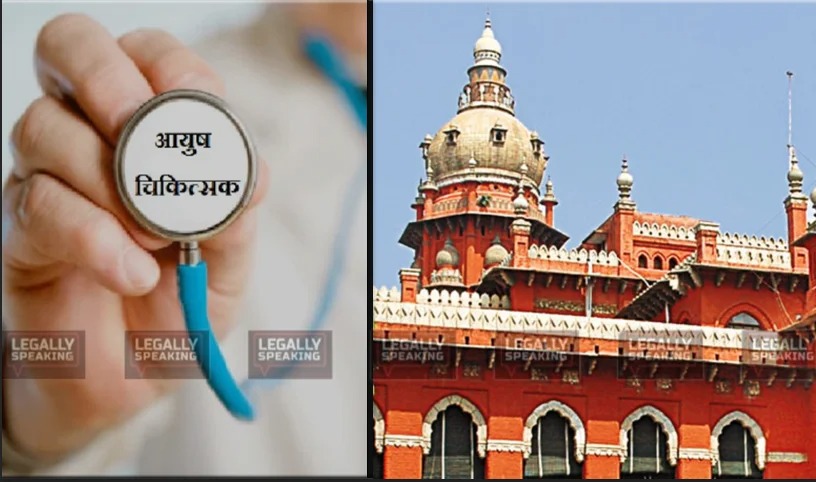
The Madras High Court recently held that AYUSH doctors do not have the authority to perform sonographies and other pre-natal diagnostic tests on pregnant women unless they are qualified under the Pre-Conception & Pre-Natal Diagnostic Techniques (PNDT) Act and Rules.
According to a single bench of Justice SM Subramaniam, any doctor, whether practicing allopathic medicine or another branch of medicine, can only perform such diagnostic tests if they are qualified doctors under the Central PNDT Act.
The bench dismissed three writ petitions filed by the Tamil Nadu Association of AYUSH Sonologists, which includes medical professionals who practice Homeopathy, Unani, Ayurveda, and other complementary and alternative medicine.
The petitioners claimed to hold recognized and valid degrees in their respective fields of medicine from recognized institutions. They stated that diagnostic procedures were part of the curriculum for Homeopathy, Ayurveda, and other alternative medicine courses.
Furthermore, they claimed to have completed ultrasonogram certificate courses and were fully qualified to perform diagnostic procedures and ultrasonogram techniques on pregnant women as long as they did not perform sex selection prior to or after conception, which is prohibited under the PNDT Act.
A respondent in the case, the Central Council of Indian Medicine (CCIM), supported the petitioner Association’s position and stated that there was no impediment to allowing them to perform the aforementioned diagnostic procedures.
Appearing for the Tamil Nadu government, Additional Government Pleader T Arunkumar contended that doctors must meet the qualifications outlined in the PNDT Act because it is a Central Act.
The High Court agreed with the State’s submission, noting that the PNDT Rules of 2014 required all MBBS doctors to complete a six-month specialized ‘level one course on Fundamentals in Abdomino Pelvic Ultrasonography’.
As a result, the members of the petitioner Association must also meet the requirements of the Central Rules, the bench stated.
The single bench further remarked that pre-natal diagnostic procedures were special procedures or treatments, and therefore, “the special qualifications prescribed under the Central Act and the Rules must be scrupulously followed by the competent authorities.”




